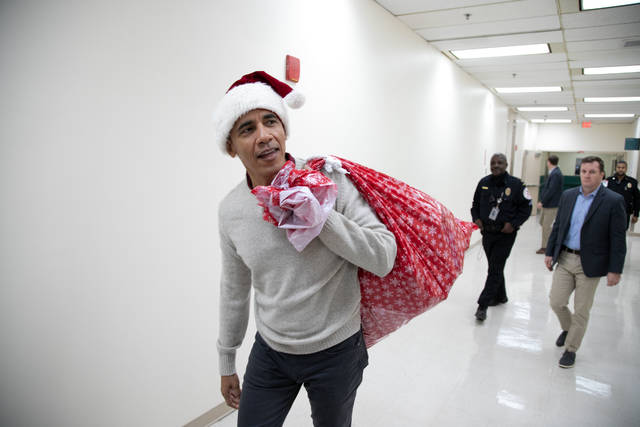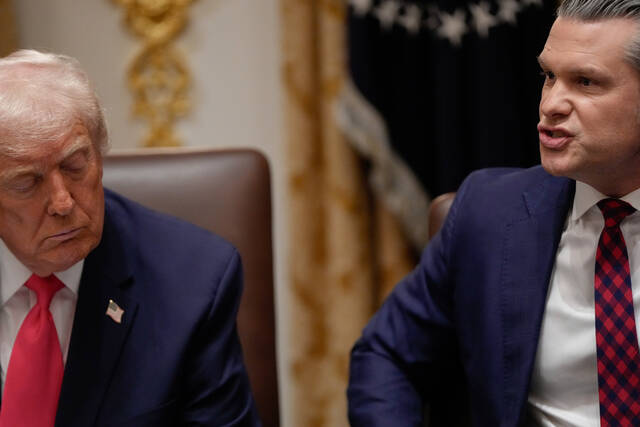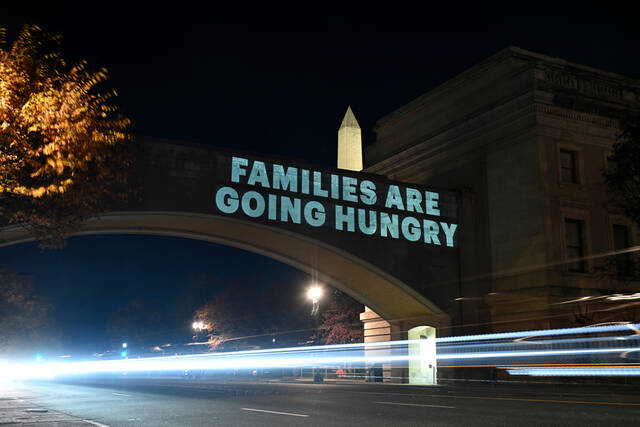During a 2012 campaign stop in Virginia, President Barack Obama caused a stir when he told business owners that they owed much of their success to other hardworking Americans who did all the other things necessary for businesses to thrive.
“If you were successful, somebody along the line gave you some help. There was a great teacher somewhere in your life. Somebody helped to create this unbelievable American system that we have that allowed you to thrive.
“Somebody invested in roads and bridges. If you’ve got a business, you didn’t build that. Somebody else made that happen,” Obama said.
Republican challenger and successful businessman Mitt Romney pounced on Obama’s remarks at a campaign stop in Irwin, and for a while, the back-and-forth made headlines.
Romney touted the successes of great entrepreneurs — guys like Henry Ford and Steve Jobs and Ray Kroc and Bill Gates — and Obama emphasized the role of the common worker who actually set the stage for those dreams and turned them into money.
And there is good reason to be thankful for both the initiative of Andrew Carnegie and the backbreaking work of the laborers who gave it their all in his steel mills. Both relied on the other. Neither would have made it without the other.
But Richard Rohr, the Franciscan friar and author, urges us to take a step further in his Thanksgiving message, “The Gospel Economy.” Rohr recognizes the logic of an economy in which “this much service or this much product requires this much payment or this much reward.”
“We’ve got to admit, this system of exchange seems reasonable to almost everybody today. And if we’re honest, it makes sense to us, too. It just seems fair,” he says.
But Rohr wants us to consider the virtue of a “gift economy,” in which “there is no equivalence between what we give and how much we get.”
“We have to stop counting, measuring and weighing. We have to stop saying, ‘I deserve and deciding who does not deserve.’ ”
This requires unconditional affection for those who are struggling at the bottom of our economy. And it demands that we banish any notion that there are undeserving poor. It is a tall order when we are distracted by an economy that is strong for many of us.
At the University of Kansas in 1968, Robert F. Kennedy spoke of the folly of measuring our success by the “mere accumulation of material things.”
After acknowledging strong economic indicators, Kennedy said, “Yet the gross national product does not allow for the health of our children, the quality of their education or the joy of their play.”
He added that the gross national product measures everything “except that which makes life worthwhile. And it can tell us everything about America except why we are proud that we are Americans.”
Both Kennedy and Rohr would have us confidently “cast bread upon the waters.” That may be a tough sell politically, but as a Thanksgiving message to carry throughout the year, especially in these tough political times, there can be nothing better.








